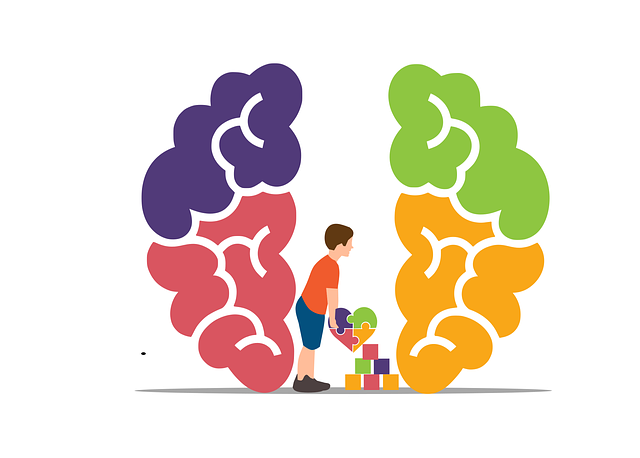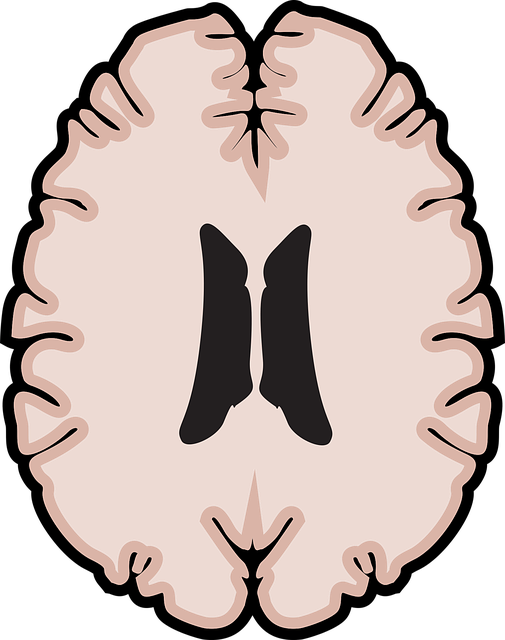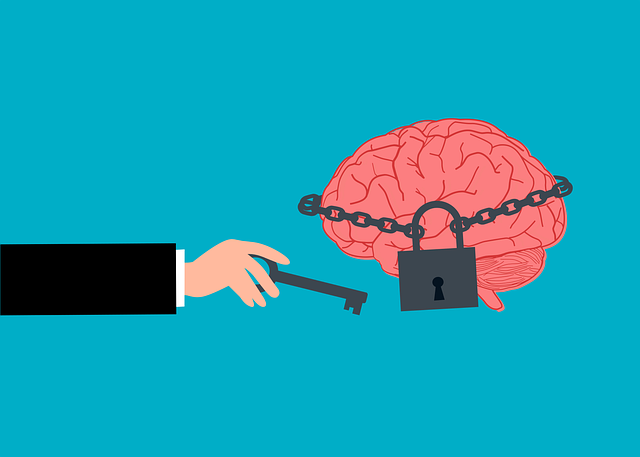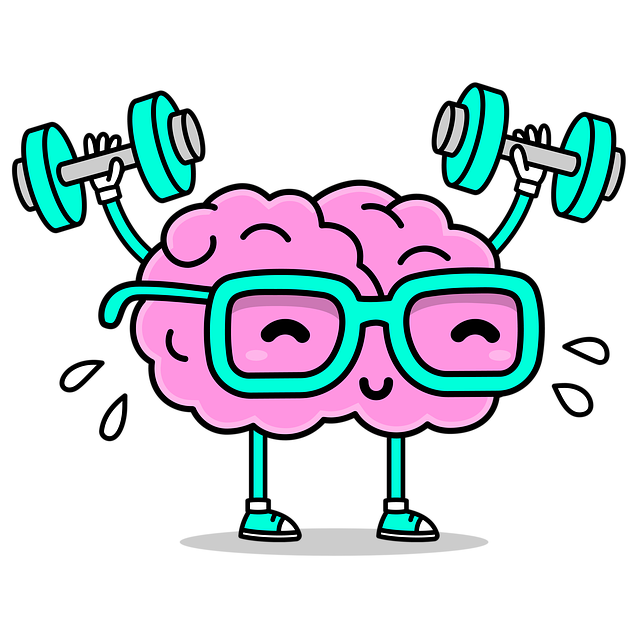Longmont Online Therapy utilizes the RFM (Resource, Fortitude, Mastery) model to build resilience, a key component of mental well-being. This holistic approach teaches clients effective stress reduction, anxiety relief, and enhanced coping skills through interactive online sessions featuring guided meditations, cognitive reframing, and other exercises. By fostering internal resources and a sense of control, Longmont Online Therapy empowers individuals to view stressors as growth opportunities, improving overall mental health. The program's strategic engagement techniques, including active listening and client-centric self-care practices, enhance therapy adherence and the therapeutic alliance. Success is measured through surveys and qualitative feedback, informing program adjustments and inspiring community mental wellness initiatives.
“Resilience is a vital asset in navigating life’s challenges, and Longmont Online Therapy recognizes its significance. This article explores RFM (Resilience, Flexibility, and Mastery) and its role in fostering resilience through structured exercises. We delve into the numerous benefits of implementing these practices, offering strategies for designing engaging online therapy sessions. By examining client engagement techniques, we highlight effective methods tailored to Longmont Online Therapy’s approach, ensuring measurable success in resilience-building programs.”
- Understanding RFM and Its Role in Resilience Building
- The Benefits of Implementing Resilience Exercises
- Designing Effective Online Therapy Sessions for Resilience
- Engaging Clients: Strategies for Longmont Online Therapy
- Measuring Success: Evaluating the Impact of Resilience Building Programs
Understanding RFM and Its Role in Resilience Building

Resilience is a critical component of mental well-being, enabling individuals to navigate life’s challenges and adapt to change. Longmont Online Therapy offers an innovative approach to fostering resilience through the RFM (Resource, Fortitude, and Mastery) model. This framework recognizes that building resilience involves not just coping with difficulties but also cultivating resources and developing a sense of control.
RFM is designed to empower individuals by teaching them effective stress reduction methods and anxiety relief techniques while promoting coping skills development. By focusing on these aspects, Longmont Online Therapy helps clients strengthen their psychological muscles, making them better equipped to handle various life stressors. This holistic approach not only enhances overall mental health but also empowers individuals to embrace challenges as opportunities for growth.
The Benefits of Implementing Resilience Exercises

Implementing resilience exercises offers a multitude of benefits for individuals seeking Longmont online therapy. These practices empower clients to develop coping mechanisms and enhance their emotional healing processes. By integrating various techniques, such as mindfulness, stress management, and problem-solving skills, therapy becomes more holistic and effective. Resilience building exercises not only help in managing current challenges but also equip individuals with tools to navigate future stressors, fostering a sense of control over one’s emotional well-being.
In the context of Longmont online therapy, these exercises contribute to the overall success of treatment plans. They promote Emotional Well-being Promotion Techniques and can be tailored to meet individual needs. Moreover, integrating resilience training into therapeutic practices supports the Community Outreach Program Implementation by addressing mental health proactively within diverse communities, ultimately leading to more resilient and supportive environments.
Designing Effective Online Therapy Sessions for Resilience

In today’s digital era, Longmont Online Therapy offers a viable and effective solution for those seeking mental health support. When designing online therapy sessions focused on resilience building, therapists must create engaging and interactive experiences that cater to diverse learning styles. Incorporating various exercises, such as guided meditations, cognitive reframing activities, and stress management techniques, allows for a holistic approach to therapy. These practices not only enhance self-awareness but also equip individuals with practical tools to navigate life’s challenges.
The implementation of Longmont Online Therapy sessions should consider the unique needs and barriers of each client. Mental Health Awareness initiatives can be integrated into these sessions, fostering open dialogue about mental illness stigma reduction efforts. By promoting Self-Care Routine Development for Better Mental Health, therapists enable clients to develop personalized coping mechanisms, ultimately building resilience and improving overall well-being.
Engaging Clients: Strategies for Longmont Online Therapy

Engaging clients in Longmont online therapy requires a strategic approach to build rapport and ensure effective treatment. Therapists can utilize various methods to make sessions interactive and client-centric, fostering a sense of comfort and openness. One key strategy is to incorporate self-care practices tailored to each individual’s needs. For instance, guiding clients through mindfulness exercises or teaching simple yet powerful stress reduction methods can empower them to manage their emotional well-being independently. This not only enhances therapy adherence but also strengthens the therapeutic alliance.
Additionally, incorporating communication strategies that emphasize active listening and emotional intelligence can significantly improve client engagement. Therapists in Longmont online therapy settings should encourage clients to express their thoughts and feelings openly, creating a safe space for exploration. By teaching effective communication techniques, therapists enable clients to navigate interpersonal challenges more adeptly, further supporting their overall resilience-building process. These strategies collectively contribute to a thriving therapeutic environment, making online therapy sessions both productive and impactful.
Measuring Success: Evaluating the Impact of Resilience Building Programs

Measuring success is a critical aspect of evaluating the effectiveness of resilience-building programs, especially in Longmont online therapy contexts. Therapists and mental health professionals can employ various methods to assess the impact on participants’ well-being. One way is through self-reported surveys that gauge individuals’ perceptions of their resilience levels, stress management skills, and overall life satisfaction before and after the program. These quantitative data provide a solid foundation for understanding the program’s reach and effectiveness.
Additionally, qualitative feedback from participants through focus groups or interviews can offer profound insights into their personal journeys. This approach allows individuals to share stories of overcoming challenges, gaining new perspectives, and adopting healthier coping mechanisms. By combining these methods, mental wellness podcast series production teams and community outreach program implementers can develop robust public awareness campaigns that highlight successful outcomes, further encouraging participation and fostering a culture of resilience within the community.
The implementation of RFM and resilience-building exercises through Longmont online therapy has proven to be a powerful tool for enhancing mental well-being. By combining evidence-based practices with engaging online sessions, therapists can effectively support clients in navigating life’s challenges. The benefits are clear: improved resilience, better coping mechanisms, and increased life satisfaction. As the demand for accessible and convenient therapy continues to grow, Longmont online therapy offers a promising solution, empowering individuals to build mental strength and foster a more resilient mindset.














